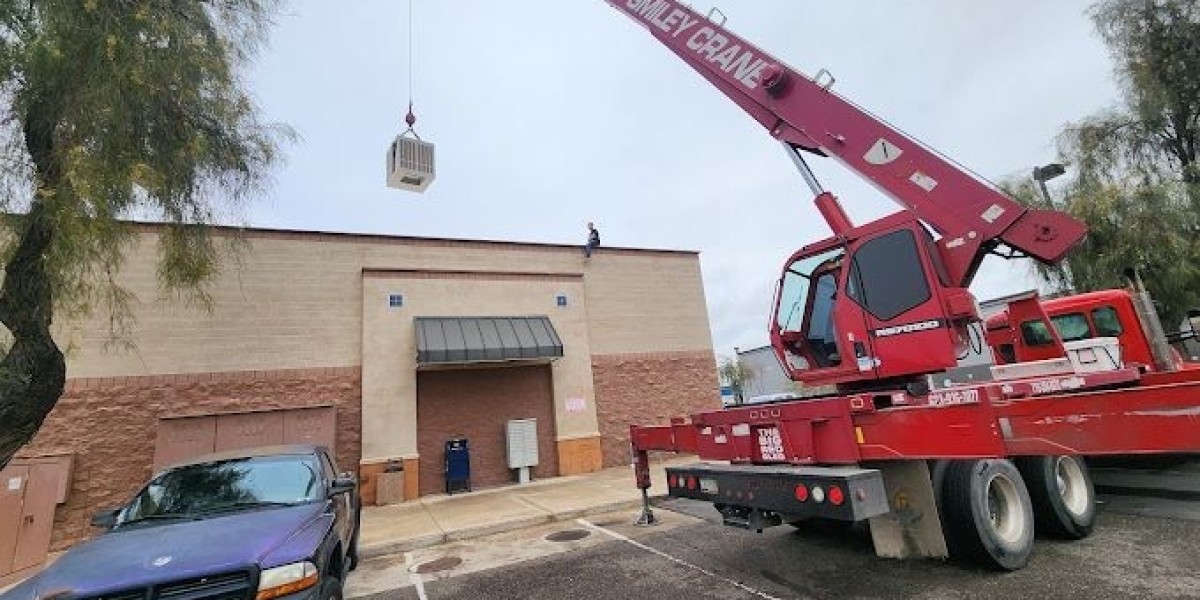If you’re a Texas homeowner aged 62 or older, you might have heard about reverse mortgages. This special type of loan can help you use the value of your home to improve your financial situation during retirement. In this blog, we’ll explain what a reverse mortgage is, how it works, and why it might be useful for you.
What is a Reverse Mortgage?
A reverse mortgage is a loan for people who are 62 or older and own their homes. It allows you to turn part of your home’s value into cash. Instead of making payments to the bank, the bank pays you. You can get the money in different ways: as a lump sum, monthly payments, or a line of credit.
Here’s how it works:
1. Stay in Your Home: You continue to live in your home and keep ownership.
2. No Monthly Payments: You don’t make monthly payments. The loan is repaid when you move out, sell the home, or pass away.
3. Repayment: When you move out or pass away, the loan is repaid by selling the home. Any money left after paying off the loan goes to you or your heirs.
Types of Reverse Mortgages
There are a few types of reverse mortgages, and they have different features:
1. Home Equity Conversion Mortgage (HECM)
The Home Equity Conversion Mortgage (HECM) is the most common type of reverse mortgage. It’s insured by the Federal Housing Administration (FHA). This type offers flexible ways to get your money, like a lump sum or monthly payments. To qualify, you need to be at least 62 years old and live in the home.
2. Proprietary Reverse Mortgages
Proprietary reverse mortgages are private loans from banks or other lenders, not insured by the FHA. They might offer more money or different terms, especially if your home is worth a lot.
3. Single-Purpose Reverse Mortgages
Single-purpose reverse mortgages are for specific uses, like home repairs or paying property taxes. They often have lower fees but can only be used for the purpose stated in the loan.
Benefits of Reverse Mortgages
Reverse mortgages can be helpful in many ways:
1. Extra Cash Flow
A reverse mortgage can provide you with extra money. This can help you pay bills, cover medical expenses, or improve your quality of life in retirement.
2. No Monthly Payments
Unlike a regular mortgage, you don’t have to make monthly payments. This can make managing your finances easier and give you more freedom in how you use your money.
3. Stay in Your Home
You can stay in your home as long as you keep up with property taxes, insurance, and maintenance. This means you don’t have to move out just because you took out a reverse mortgage.
4. Flexible Payment Options
Reverse mortgages offer different ways to get your money. You can choose to receive it as a lump sum, monthly payments, or a line of credit, depending on what works best for you.
Drawbacks of Reverse Mortgages
It’s important to also understand the possible downsides:
1. Accrued Interest and Fees
Interest and fees can add up over time. This means the amount you owe grows, and the equity in your home decreases. This could leave less money for your heirs after you pass away.
2. Impact on Your Estate
The loan must be repaid when you sell the home or move out. This can affect the amount of money left for your family or heirs.
3. Property Maintenance and Taxes
You must keep up with home maintenance and pay property taxes and insurance. If you don’t, the loan could become due, and you might have to repay it sooner than expected.
4. Eligibility Requirements
You need to meet certain requirements to get a reverse mortgage. These include being at least 62 years old, having enough equity in your home, and being able to pay ongoing costs.
How to Get a Reverse Mortgage in Texas
If you think a reverse mortgage might be right for you, here’s how you can apply:
1. Learn About Reverse Mortgages
First, learn as much as you can about reverse mortgages. Talk to a financial advisor or a reverse mortgage specialist to see if it’s a good fit for your needs.
2. Counseling
Before you can apply, you need to complete counseling from a HUD-approved counselor. This counseling will explain the terms and help you understand what to expect.
3. Apply for the Loan
After counseling, you can apply for a reverse mortgage with a lender. You’ll need to provide information about your home and financial situation.
4. Home Appraisal
The lender will arrange for an appraisal to determine the value of your home. This helps decide how much money you can get from the reverse mortgage.
5. Closing
If your application is approved, you’ll go through a closing process where you sign the loan documents. After closing, you’ll receive the funds according to the option you chose.
Finding a Reverse Mortgage Lender in Texas
To find a good reverse mortgage lender in Texas:
1. Research Lenders
Look for lenders who offer reverse mortgages in Texas. Check their reviews and compare their rates and terms.
2. Check Their Credentials
Make sure the lender is licensed and approved by the appropriate authorities. This helps ensure they are trustworthy and reliable.
3. Ask for Recommendations
Ask friends, family, or financial advisors if they can recommend a good lender. Personal referrals can be helpful.
4. Compare Your Options
Compare different reverse mortgage products and lenders. Make sure you understand all the terms and conditions before making a decision.
Conclusion
A reverse mortgage in Texas can be a useful tool for seniors looking to access the equity in their homes. By understanding how reverse mortgages work, their benefits, and their drawbacks, you can make an informed decision about whether this option is right for you.
If you’re considering a reverse mortgage, take the time to research and consult with professionals. With the right information, a reverse mortgage can provide extra financial support while allowing you to stay in your home and enjoy your retirement years.









